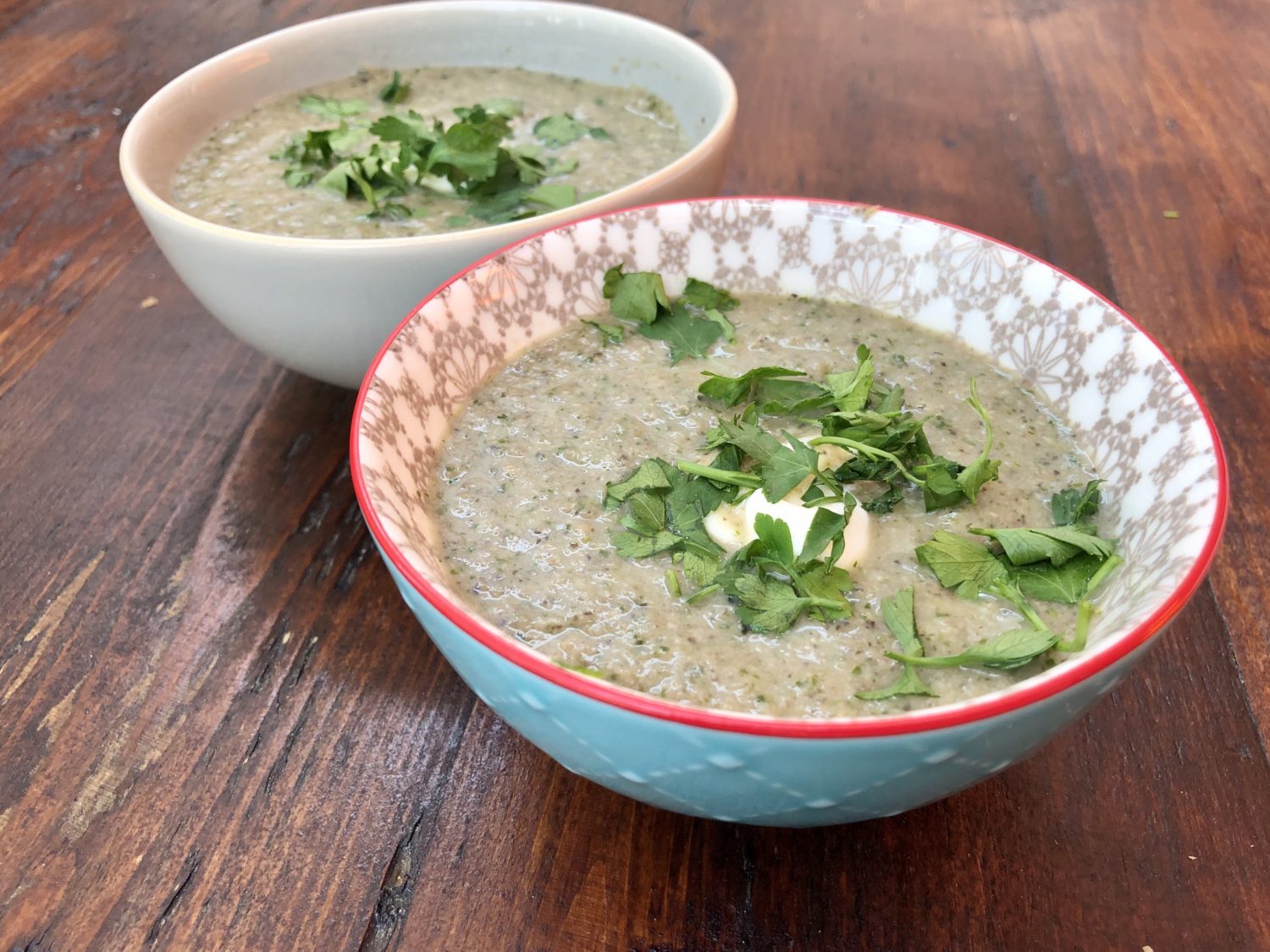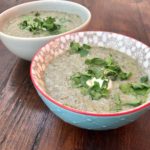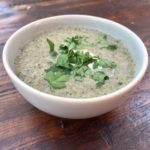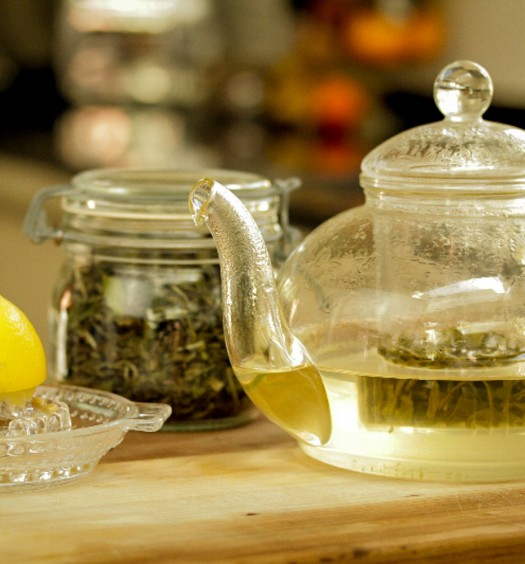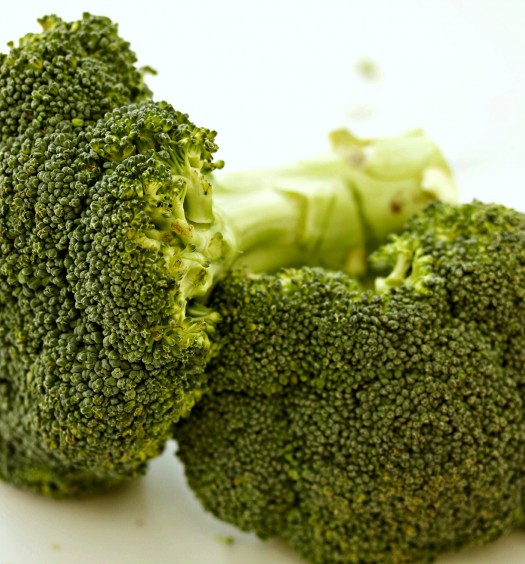Mushrooms are one of our Top 5 Immune supportive foods – so are an important component in our immune recipe bundles! This is a simple mushroom soup recipe that doesn’t take long to make.
Types of Mushrooms
There are hundreds of different types of mushrooms but still only around 20 that are routinely cultivated to eat. These include;
- White and brown mushrooms – button, crimini, chestnut and portabello
- Wild Mushrooms including cep (also known as porcini or steinpilz), chanterelle (also known as girolle) and morel
- Oriental mushrooms – Shiitake, maitake, oyster, enoki, buna-shimeji and reishi
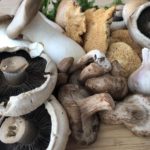 Any of the above mushrooms can be dried, although you’ll commonly find porcini, wild mushroom mixes and shiitake.
Any of the above mushrooms can be dried, although you’ll commonly find porcini, wild mushroom mixes and shiitake.
Many more mushrooms are used in mycotherapy supplements and dried as medicinal mushrooms
Nutritional Benefits of Mushrooms
- Mushrooms are:
- An excellent source of fibre, including immune-supportive fibre beta-glucan
- A good source of B vitamins including Vitamin B12 (normally only found in animal products)
- A good source of minerals, including selenium, copper, potassium, phospohorus, zinc and manganese.
- A great source of Vitamin D – but only if you let your mushrooms sunbathe. Humans make vitamin D in sunlight, and so do mushrooms. Expose them to the sun, gills up for 4-6 hours and they become a phenomenal dietary source of vitamin D. Or buy sun-dried mushrooms and save yourself the effort……
Health Benefits of Mushrooms
Mushrooms have been an important part of traditional oriental medicine for many years, and all varieties of mushrooms have various health benefits:
All mushrooms are beneficial for their immune modulatory effects (including our standard, cheap white and brown crimini mushrooms); they have anti-bacterial, anti-viral and anti-inflammatory properties. Oriental mushrooms, with their higher beta-glucan content really stand out as being particularly effective in this area. Extracts from shiitake mushrooms have clear, researched effects on viruses, bacteria and other fungi – useful from the common cold, to flu but also to HIV. Mushrooms help to modulate the immune system, meaning they can help to stimulate it when necessary (e.g. by activating white blood cells including Natural Killer cells) but also help to stop the immune system becoming over-activated (thereby also potentially useful in autoimmune conditions)
Mushrooms also help to exert an anti-inflammatory effect on the body – and the common, cheap crimini (button) mushroom stands it’s ground well in the company of the more expensive oriental mushrooms.
There’s also a substantial body of research on the use of mushrooms for heart health and in cancer, particularly colon, breast, stomach and prostate cancer as well as alongside chemotherapy and radiotherapy.
Mushrooms are also great at ‘mopping up’ toxins so we use them to support liver detoxification protocols. Mushrooms have been used to ‘scavenge’ toxins from the earth, leaving the soil beneath them less toxic. This is therefore why it’s important to make sure your mushrooms are cultivated – or from an organic source!
- 1 tbsp extra virgin olive oil
- 1 dsp butter omit if dairy-free
- 600 g mixed mushrooms sliced, oyster, enoki, shiitake, brown, wild
- 4 cloves garlic crushed
- 3 shallots diced
- 15 grams parsley chopped
- 1 tin cannellini beans
- 600 mls chicken stock
- 100 grams watercress
- 1 tbsp creme fraiche or cream, coconut cream (optional) to serve
- Heat the olive oil and butter if using in a heavy based saucepan
- Add the shallots and sauté for 2-3 minutes before adding the garlic to the pan. Sauté for another few minutes
- Add the mixed mushrooms to the pan and stir until mixed in, cooking on a gentle heat for around 5 minutes until they start to soften and reduce in size.
- Add the stock, bring to the boil and then turn down the heat and simmer for 10-15 minutes
- Add the watercress, beans and parsley and cook for another five minutes
- Turn the pan off, leave to cool for a short while before blending with a stick blender
- Serve in bowls and stir in the creme fraiche, if using.

